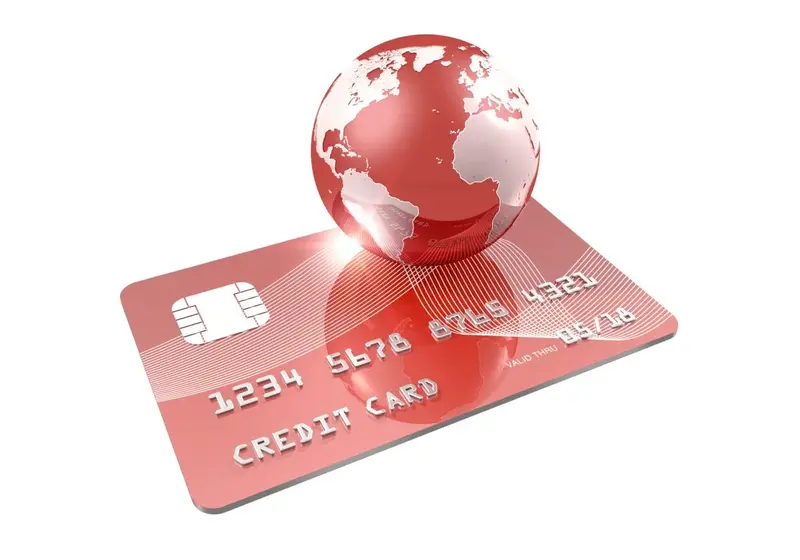
Table of contents
Effective 17 October 2015, Visa has implemented changes to the dispute rules related to Compelling Evidence. These changes now allow merchants greater flexibility in providing documentation to prove the cardholder participated in the transaction and make the process more efficient while managing customer disputes.
The new admissible Compelling Evidence rules are particularly relevant to the e-commerce industry, helping merchants differentiate legitimate spend from fraudulent transactions and reduce the impact of Friendly Fraud on business profitability.
Applicable Chargeback Reason Codes
| Reason Codes | Accepted Compelling Evidence (effective from 17 Oct 2015) |
|---|---|
| 30, 53, 81, 83 | Evidence, such as photographs or emails, proving a link between the person receiving the merchandise or services and the cardholder, or proving that the cardholder disputing the transaction is in possession of the merchandise and/or is using the services. |
| 30, 81, 83 | For eCommerce transactions involving digital goods, merchants may provide: description of goods/services successfully downloaded, date and time of download, plus two or more of the following: • Purchaser’s IP and device location • Device ID and name • Purchaser’s name and email linked to the merchant’s profile • Evidence of account setup and verification • Proof of access to goods/services on or after the transaction date • Evidence that the device and card used match previous undisputed transactions |
Why registered email matters
Supplying only copies of emails sent/received may not be sufficient: the cardholder disputing the transaction can still question their authenticity or deny ever receiving/sending them.
What’s needed is evidence of immutable contents of the emails and assured delivery.
By registering all emails related to an online transaction through eEvidence, merchants obtain undisputable, time-stamped proof of what was communicated, by whom, to whom, and when. This evidence can be submitted as the type of Compelling Evidence that Visa will now accept.
Use cases for merchants
- Airline industry: registering purchase confirmation emails can prove the cardholder disputing the transaction is in possession of the ticket.
- Digital goods merchants: registering confirmation emails provides strong proof of access and usage.
- Reply-based confirmations: if the merchant requires a reply from the customer, the registered inbound emails add an additional layer of evidence for disputes.
Learn more about deploying registered email in Friendly Fraud chargeback scenarios.
FAQs
What is Compelling Evidence in Visa disputes?
It’s documentation that proves the cardholder participated in or benefited from the disputed transaction.
Why are registered emails stronger than regular emails?
Because they provide legal proof of delivery and immutable content, making them irrefutable in chargeback disputes.
Who benefits most from registered email as evidence?
E-commerce merchants, airlines, and digital goods providers dealing with high volumes of card-not-present transactions and frequent chargeback claims.
Conclusion
Visa’s new dispute rules open the door for merchants to rely on registered email as a powerful form of Compelling Evidence. By adopting eEvidence, you protect your business against fraudulent chargebacks, ensure compliance, and safeguard profitability.
Ready to get started?
Contact us to share your business project or register now to start trying our services today
